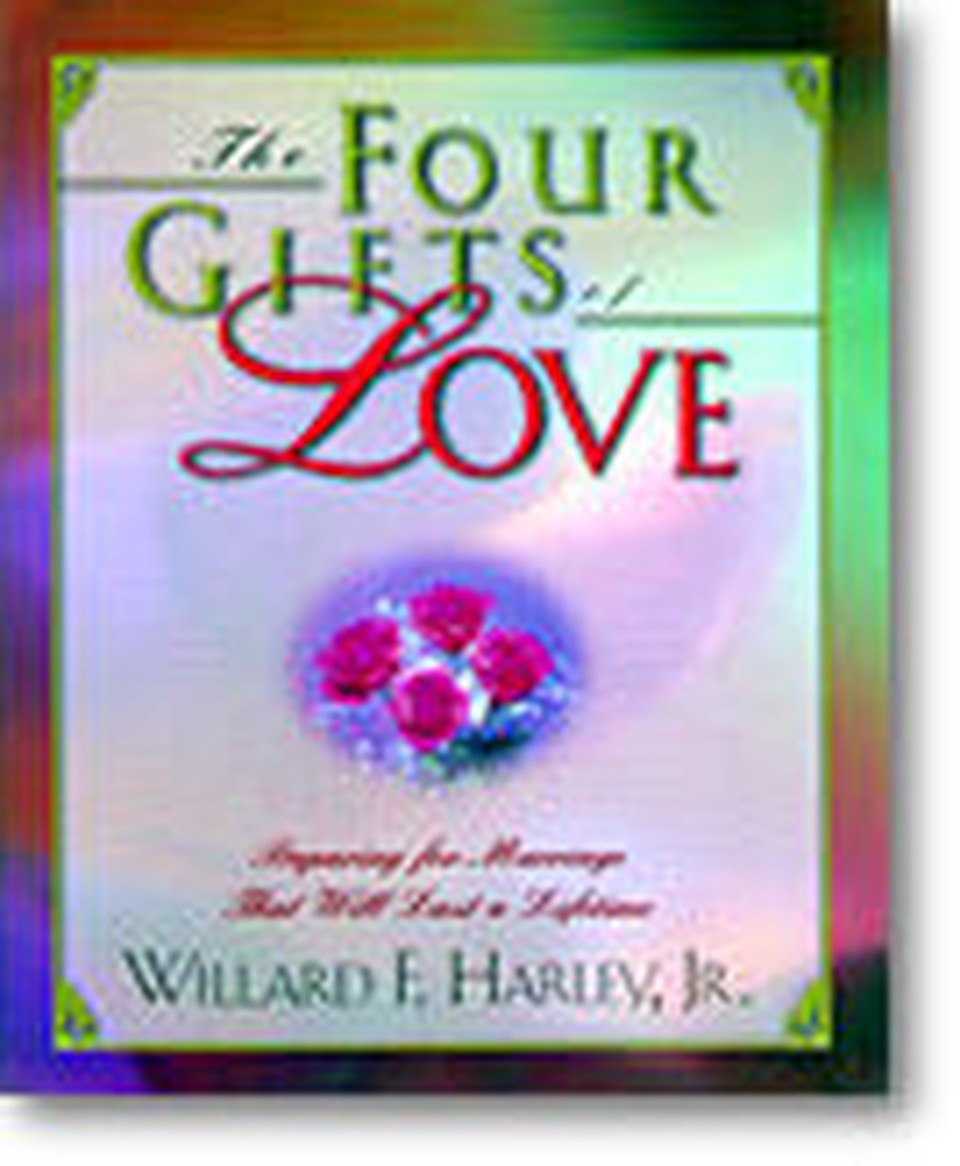Be completely honest with your spouse

If a spouse does not provide honest and open communication, trust can be undermined and feelings of security can be destroyed. Then you can't trust the signals that are being sent and you have no foundations on which to build a solid relationship. Instead of growing together, you grow apart.
The Rules of Honesty:
- Emotional honesty: reveal your emotional reactions - both positive and negative - to the events of your life, particularly to your spouse's behavior. You need a steady flow of accurate data from each other. Honesty enables a couple to make appropriate adjustments to each other. Both of you are growing and changing with each new day and you must constantly adjust to each other's changes. But if you're not receiving accurate information you can't make the proper adjustments. Honest feelings need to be expressed and received. Complaints must be heard and honored.
- Historical honesty: reveal information about your personal history, particularly events that demonstrate personal weakness or failure. Whatever embarrassing experiences or serious mistakes are in your past, you need to come clean with him or her. The inclinations that led you to do something in your past are still a part of your nature, and the effects of certain situations have molded who you are. These things need to be shared. This also means that you should disclose any past sexual relationships if you are going to completely understand each other.
- Current honesty: reveal information about the events of your day. Provide your spouse with a calendar of your activities, with special emphasis on those that may affect your spouse. In good marriages, couples become so interdependent that sharing a daily schedule is essential to their coordination of activities. Even when activities are innocent, it's important for your partner to understand what you do with your time. Make sure you're easy to find in an emergency or when your partner just wants to say hello during the day.
- Future honesty: reveal your thoughts and plans regarding future activities and objectives. Never do anything without an enthusiastic agreement between you and your spouse. If you genuinely respect your spouse you will want input and support from him/her on the decision and agreement on the direction.
- Complete honesty: do not leave your spouse with a false impression about your thoughts, feelings, habits, likes, dislikes, personal history, daily activities, or plans for the future. Do not deliberately keep personal information from your spouse.
From The Four Gifts of Love by Willard F. Harley, Jr. Used by permission of Baker Book House Company, Grand Rapids, Mich. Copyright (c) 1998 by Willard F. Harley, Jr. All rights to this material are reserved. Materials are not to be distributed to other web locations for retrieval, published in other media, or mirrored at other sites without written permission from Baker Book House Company.
Willard F. Harley, Jr., Ph.D., is a clinical psychologist and marriage counselor. He also leads training workshops for couples and appears regularly on radio and television. Willard and Joyce, his wife of 35 years, live in White Bear Lake, Minn. They are parents of two married children who are also marriage counselors.
Originally published August 21, 2003.







